We live in a culture that glorifies being busy.
Our calendars are crammed with back-to-back meetings, our inboxes overflow, and we measure our days not by what we achieved, but by how many tasks we ticked off the list.
But here’s the uncomfortable truth: being busy is not the same as being productive.
As a leader, your role is not to prove how much you can do in a day.
Your role is to create clarity, to empower others, and to focus on the handful of decisions and actions that truly move the needle. If you find yourself rushing from meeting to meeting, buried in emails, or constantly firefighting, you’re not leading, you’re simply managing activity.
High performance requires a different discipline: the discipline of doing less.
Why Less is More in Leadership
Great leadership isn’t about how visible or available you are. It’s about how impactful you are.
That means learning to say NO.
Not because you’re unhelpful or unwilling, but because you recognise that your time and energy are finite. Every time you say yes to something unimportant, you are saying no to the things that matter most, strategy, people, and long-term vision.
It also means stepping back. Many managers fall into the trap of believing they need to be across everything, but leadership is about creating space for others to step up. When you empower your team to take ownership, you not only free yourself to focus on bigger priorities, but you also accelerate their growth. That’s how you shift from being a manager to being a leader.
And perhaps most importantly, it means showing up in the right way. Being physically present but mentally absent serves nobody.
Your team doesn’t need you in every meeting, they need you available, attentive, and ready to support them when it matters.

Lessons from Elite Sport
Elite athletes understand this principle instinctively.
At the highest level, marginal gains matter. The best performers don’t try to do everything. they focus on the few things that will actually make them better.
A professional footballer doesn’t spend their day organising travel, analysing video footage, or managing their nutrition plan. They have coaches, analysts, physios, and performance staff who take care of those details.
Why?
Because every ounce of the athlete’s time and energy needs to be directed towards training, recovery, and performance.
It’s not that those other tasks aren’t important, they are. It’s simply that someone else can do them better, freeing the athlete to focus on what only they can do.
While most of us don’t have the luxury of a personal performance team, we can adopt the same mindset. Before diving into another task, ask yourself:
Is this the best use of my time?
Is there someone else who could do this not only faster, but better?
Does this activity move me closer to my goals, or simply make me feel busy?
These questions cut through the noise and help you channel your time and energy where it matters most.
Better Questions = Better Outcomes
Busyness thrives on autopilot. We say yes without thinking. We accept calendar invites without questioning. We open our laptops and immediately fall into the cycle of emails, calls, and tasks.
“The antidote is intentionality. And intentionality starts with asking better questions”.
Instead of: What do I need to get done today?
Ask: What’s the single most important thing I can achieve today that will have the biggest impact?
Instead of: How can I fit this into my schedule?
Ask: Does this deserve space in my schedule at all?
Instead of: How do I make time for everything?
Ask: What can I remove, delegate, or decline so I can focus on what matters?
High performance isn’t about doing more. It’s about doing what matters most, consistently.

Breaking the Habit of Busyness
The hardest part about adopting the discipline of doing less is that busyness feels good. It gives us the illusion of progress. It makes us feel important. And in many workplaces, it’s even rewarded.
But busyness is a trap.
It burns energy, drains focus, and leaves little space for creativity, strategy, or real connection with your team.
To break the habit:
1. Audit your time. How many of your daily activities truly drives impact?
2. Set boundaries. Protect blocks of time for deep work, reflection, or coaching your team.
3.Empower others. Delegate tasks not just to free yourself, but to develop your people.
4.Celebrate progress, not activity. Recognise outcomes, not hours.
The Discipline That Defines High Performance
Doing less shouldn’t be confused with laziness. It’s about discipline- and as the ex-Navy Seal, Jocko Willink says “discipline equals freedom”.
It takes discipline to say no. It takes discipline to delegate. It takes discipline to step away from the noise and focus only on what matters most.
And that’s what separates high performers, in sport, business, and life, from everyone else.
If you want to perform at your best as a leader, stop chasing the badge of busyness. Start asking better questions, make peace with doing less, and commit to showing up with focus and impact where it counts.
Because in the end, leadership isn’t about how much you do.
It’s about the difference you make.




